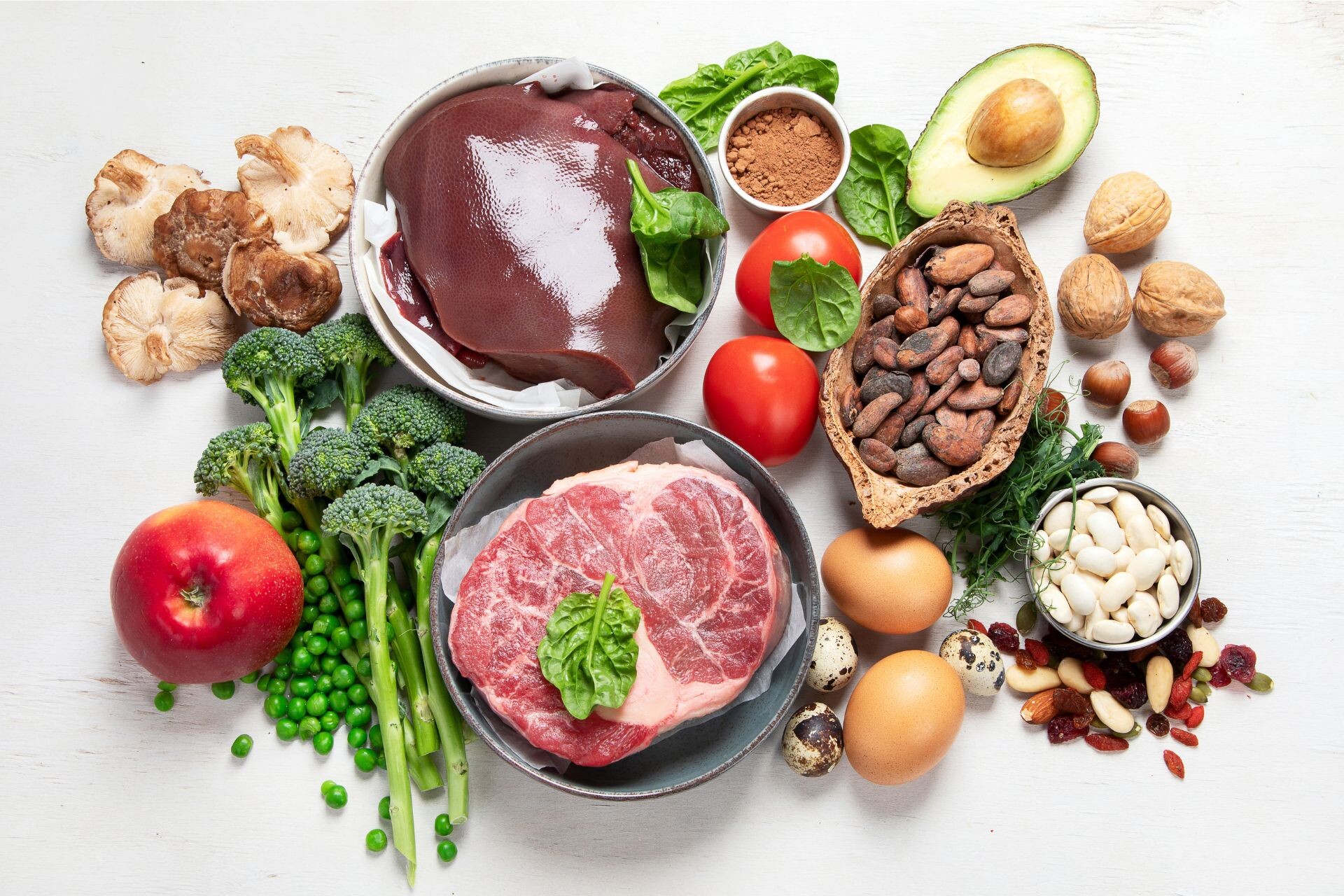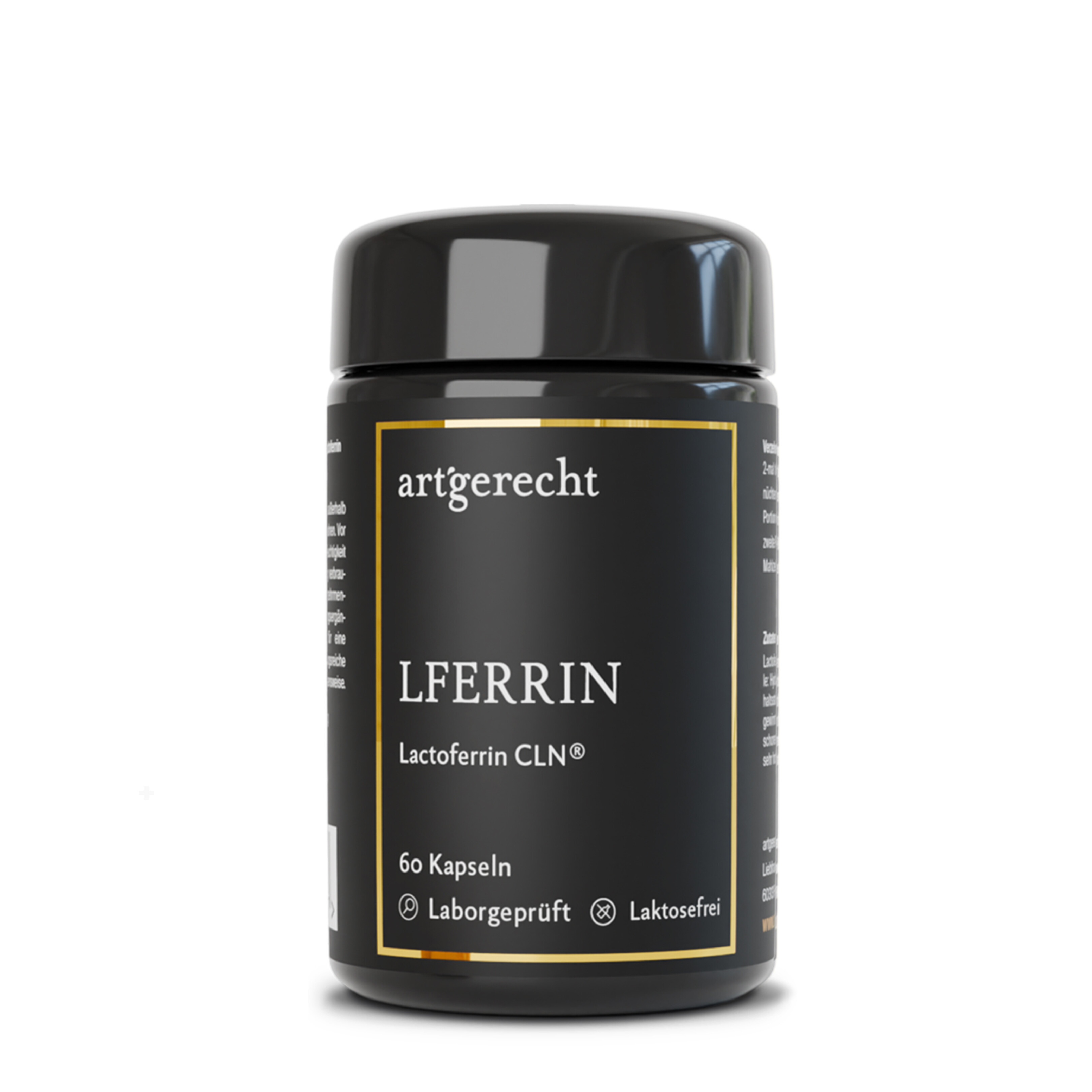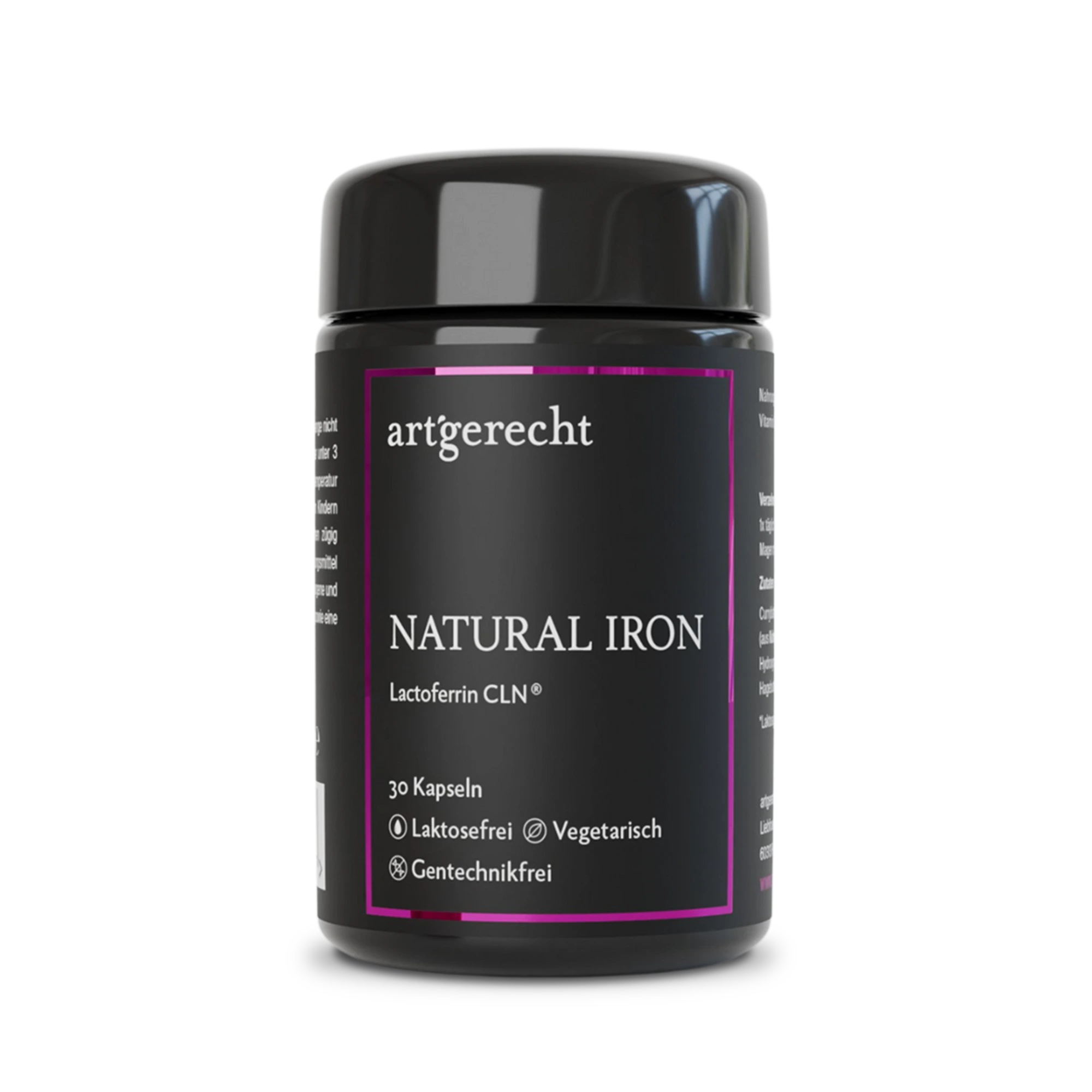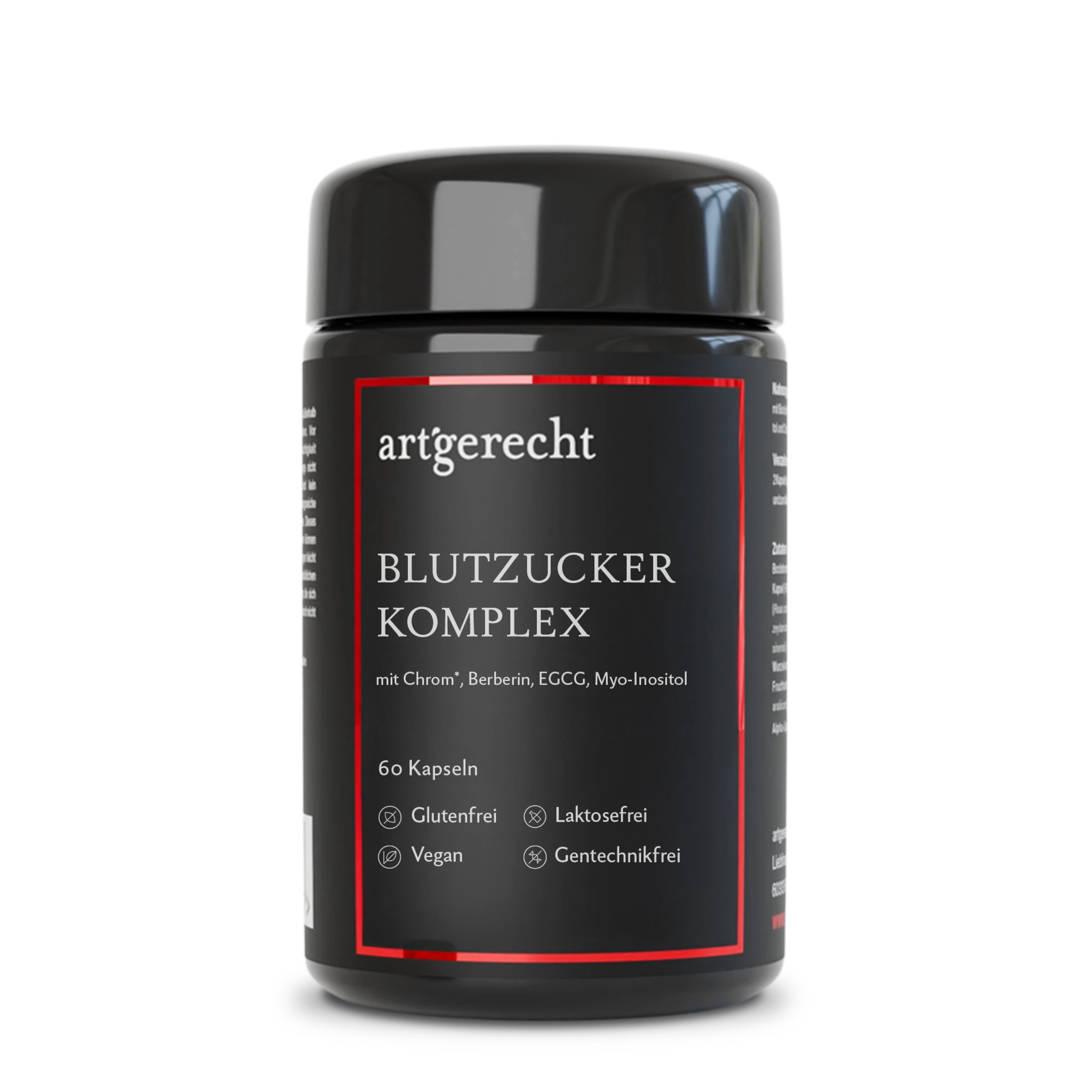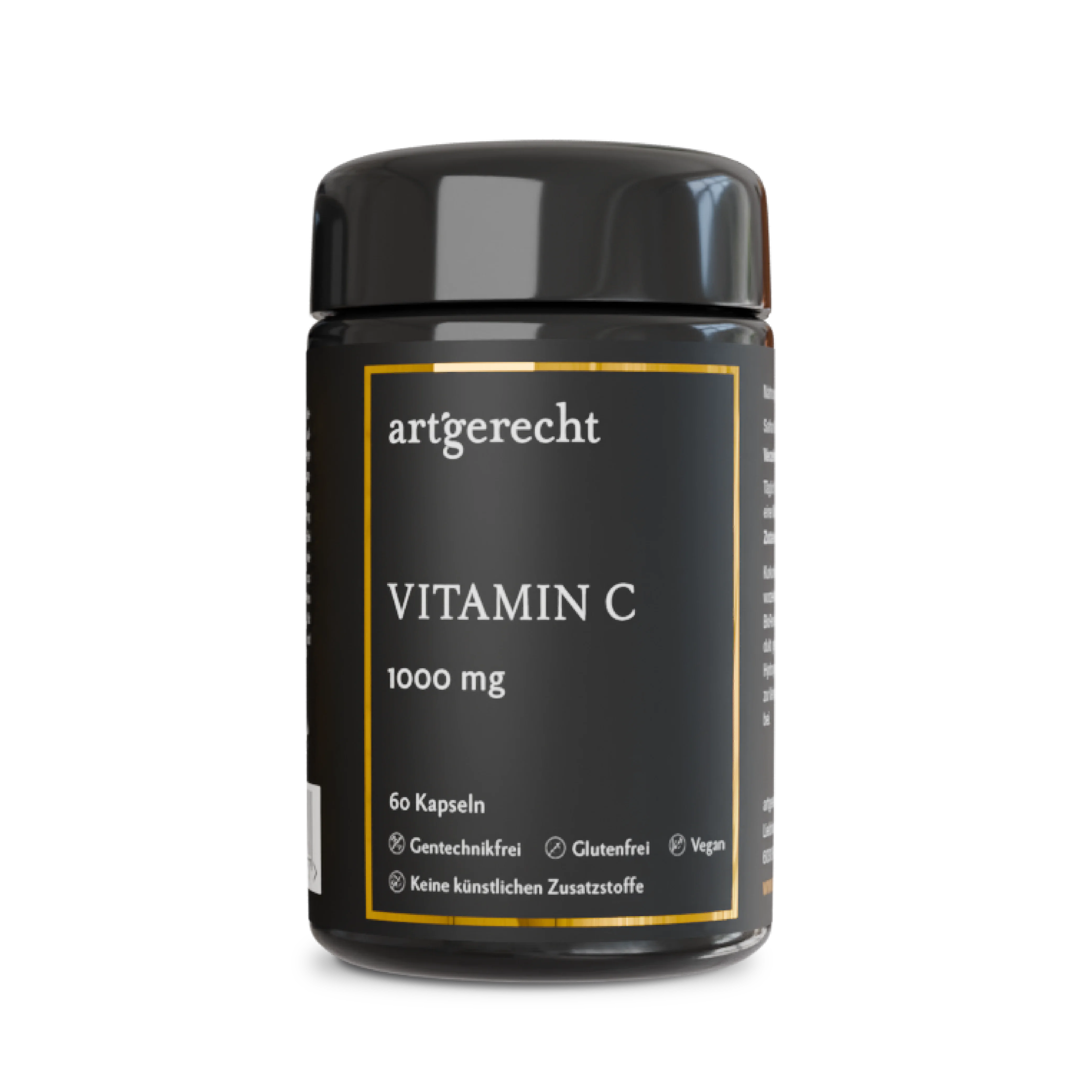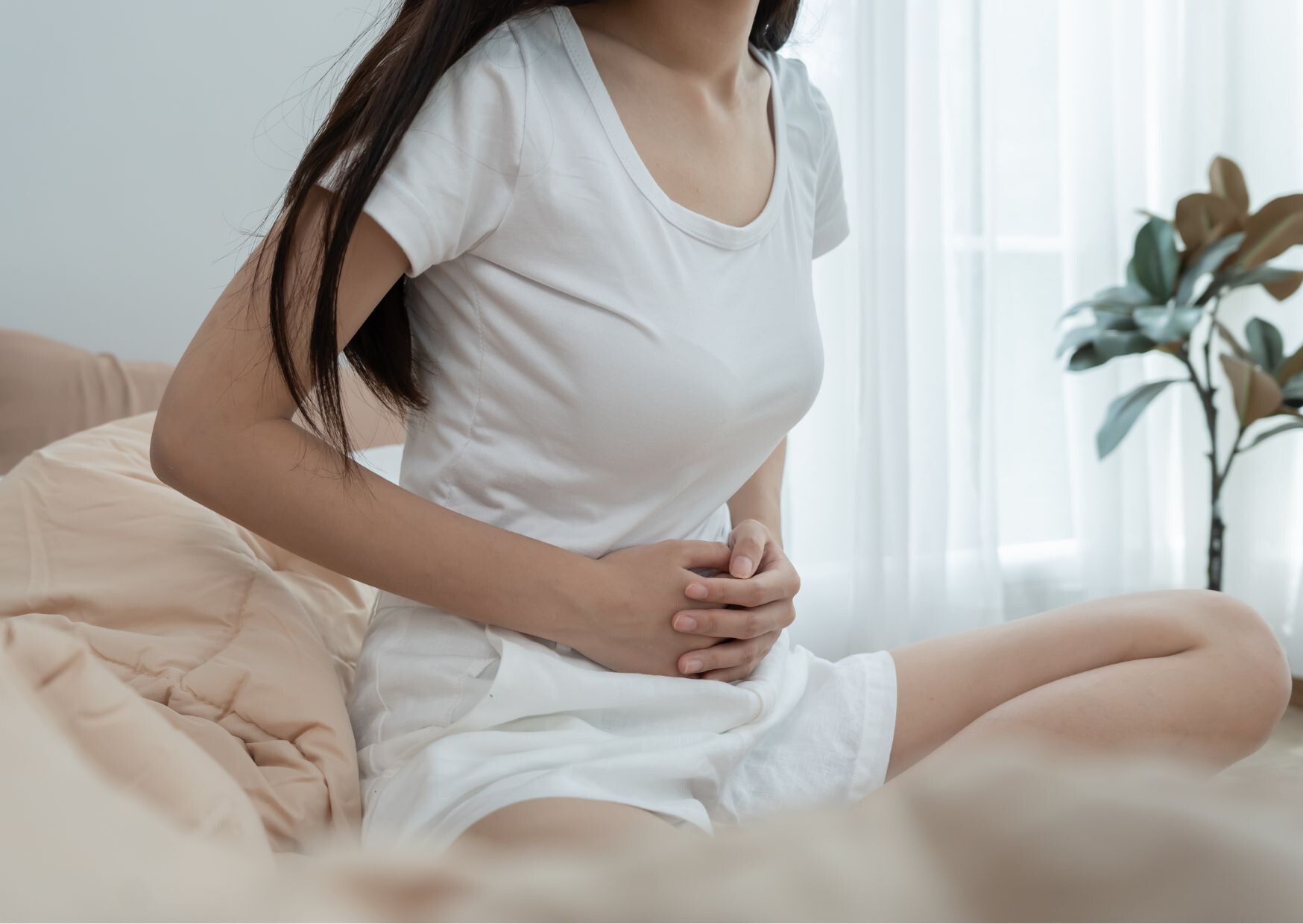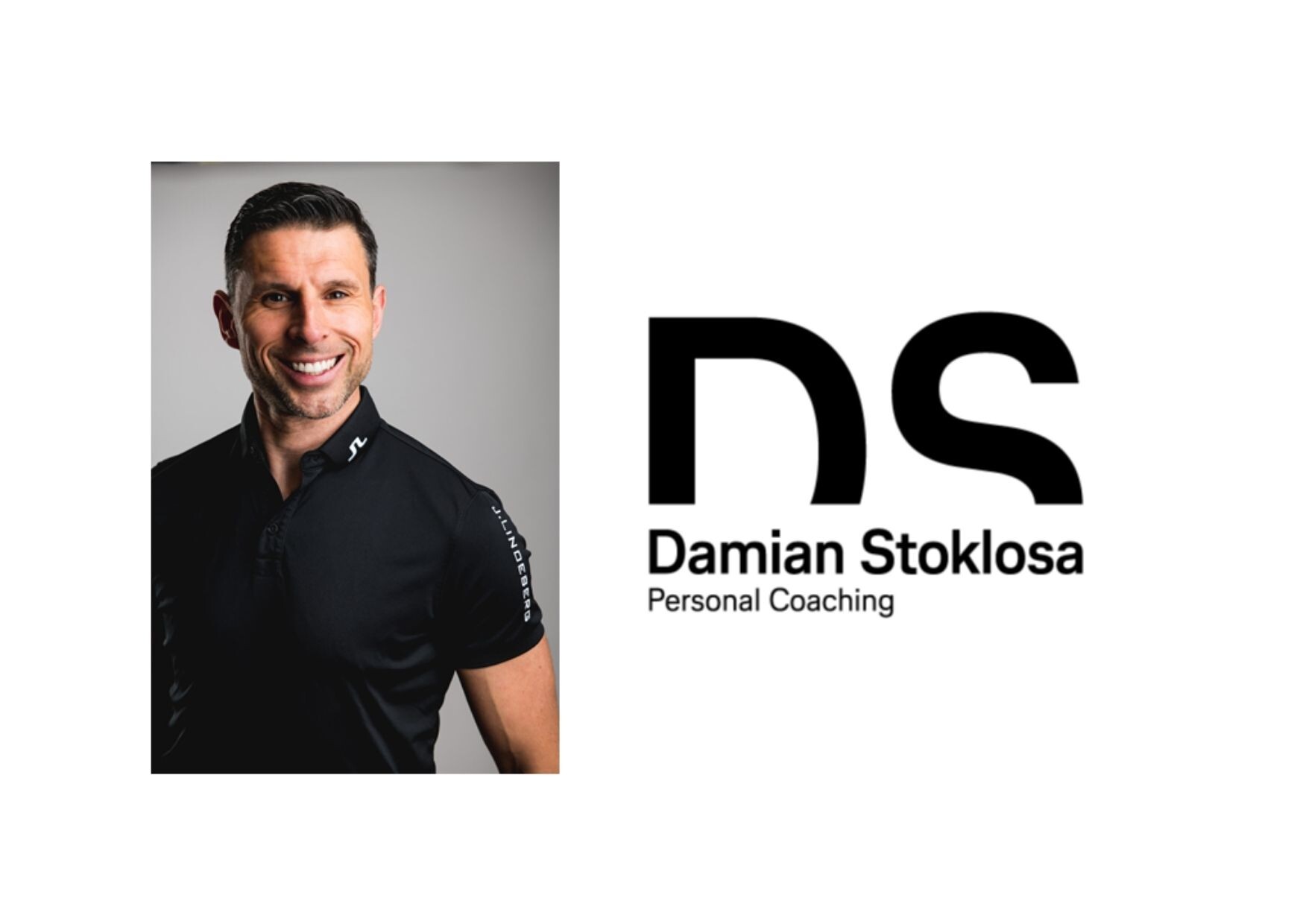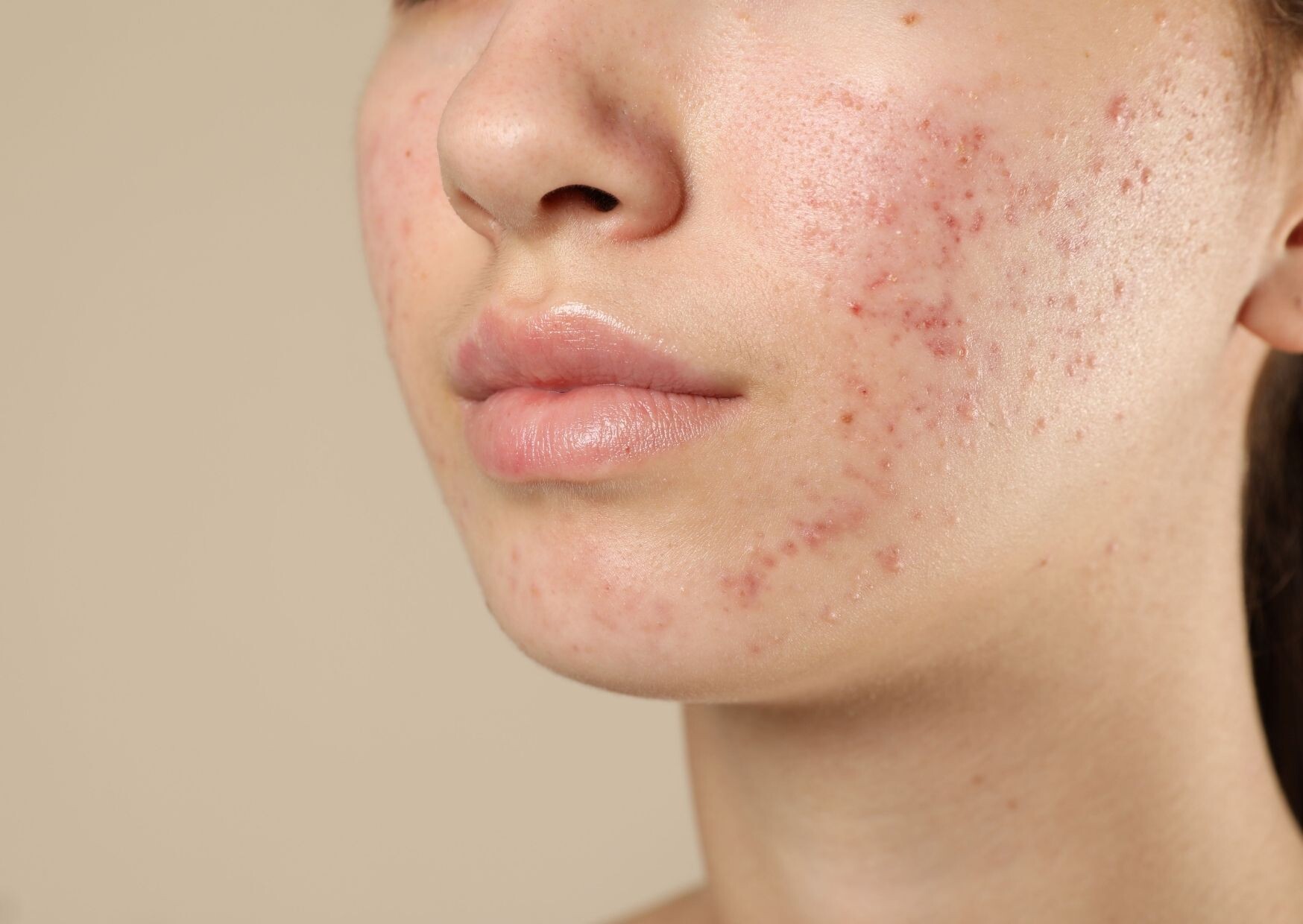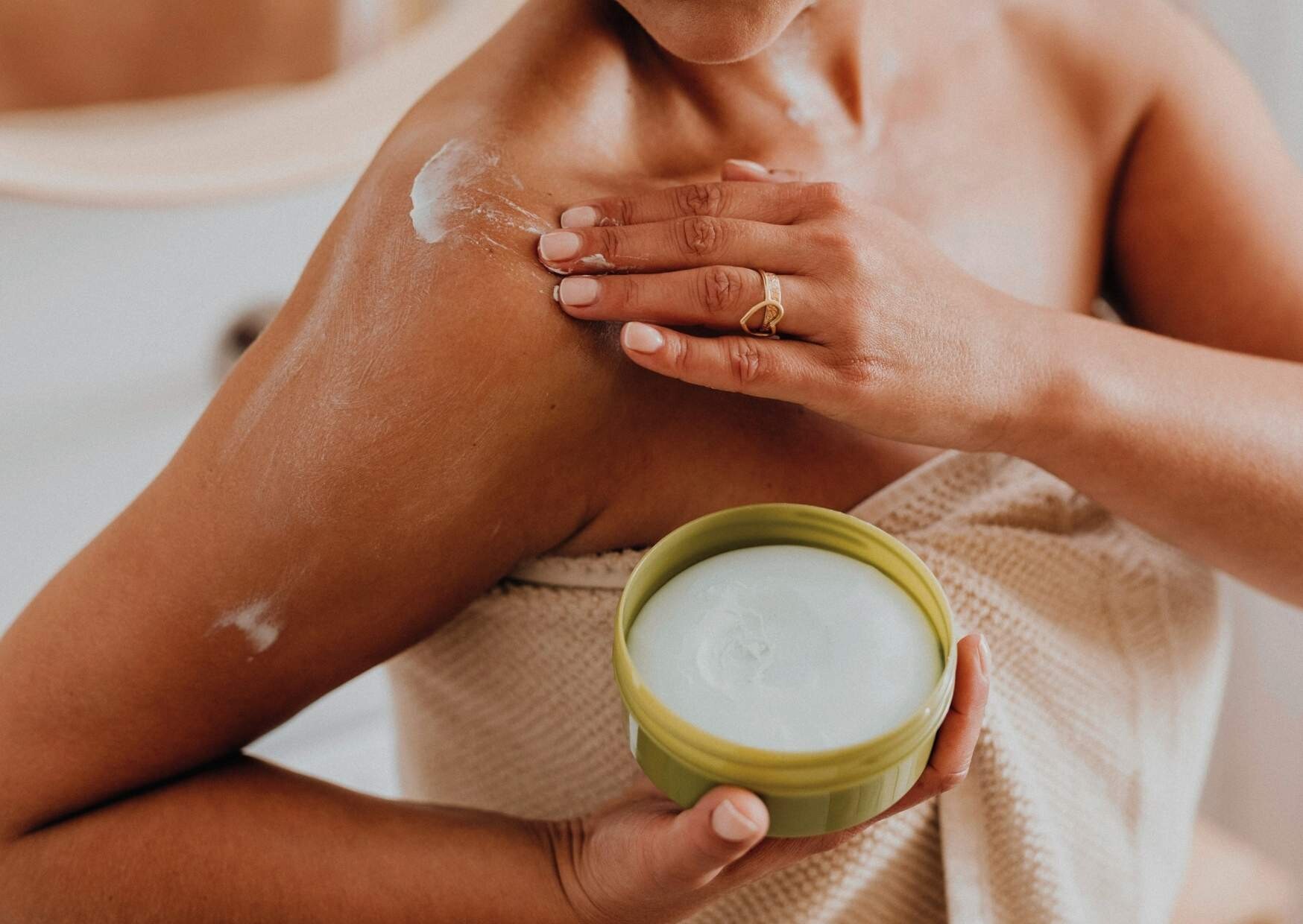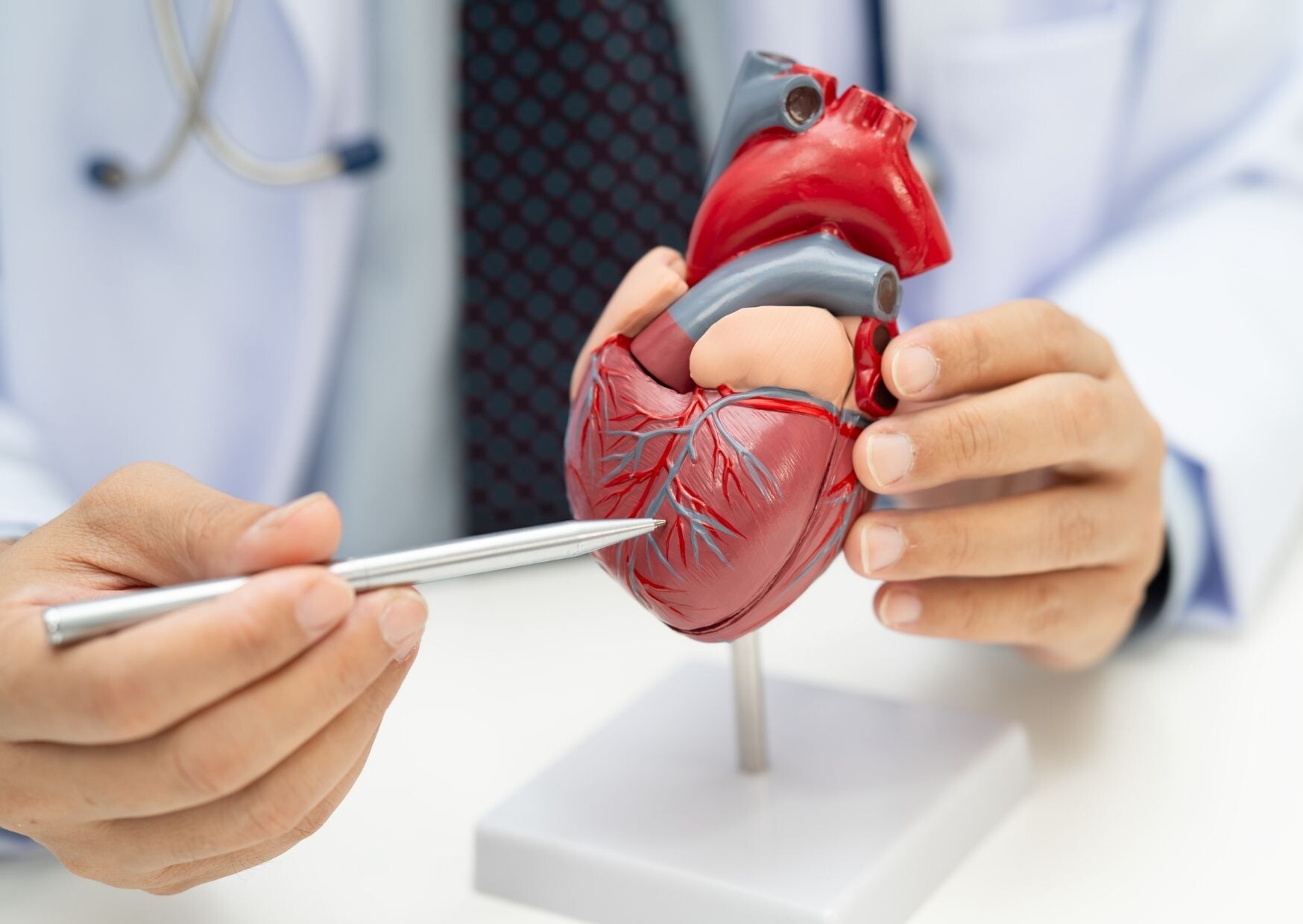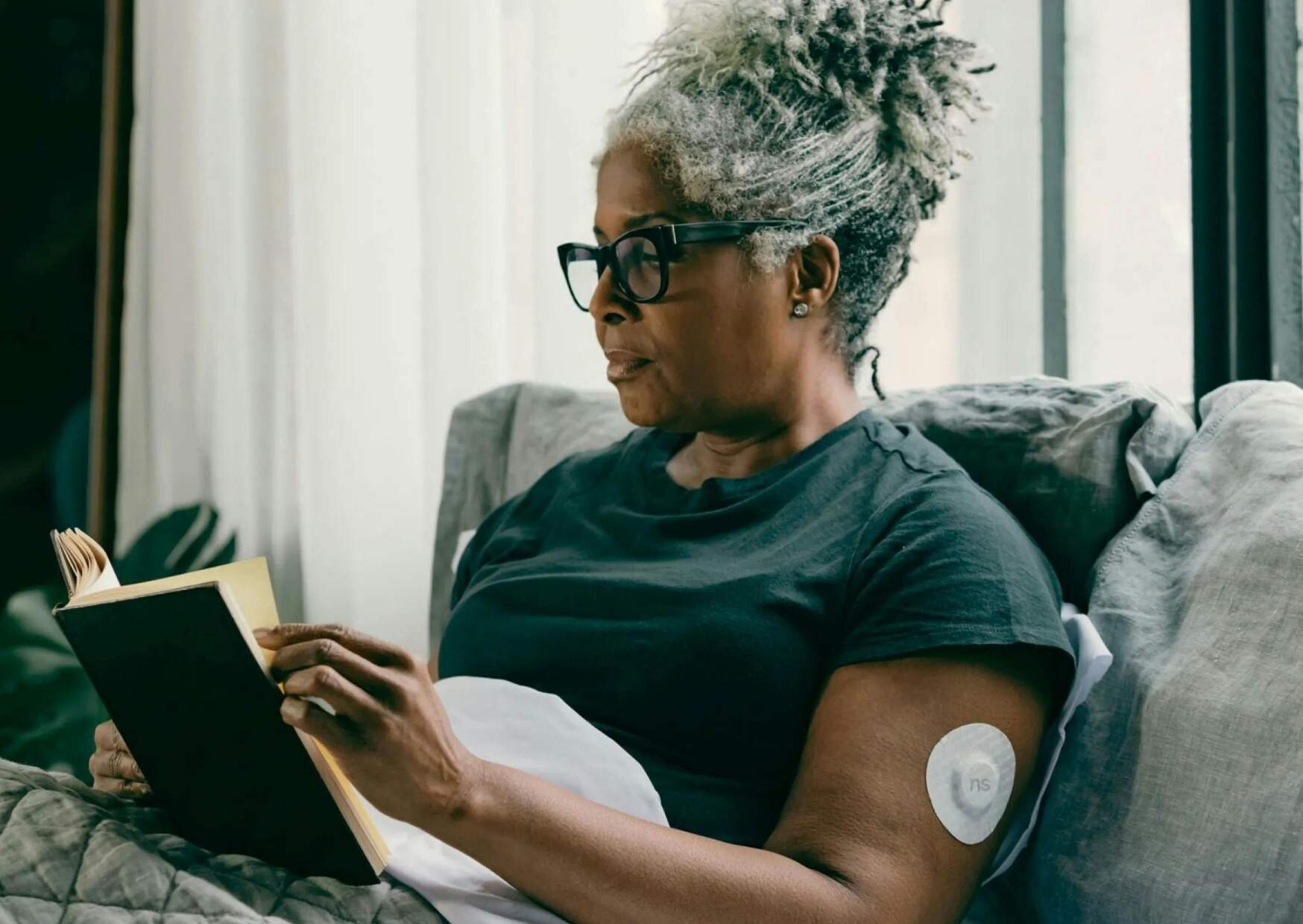Iron deficiency is one of the most common nutrient deficiencies – and nutrition plays a central role in this. This is because our body cannot produce iron itself, but is completely dependent on its intake from food. Anyone who eats an unbalanced diet or avoids certain food groups quickly risks a deficiency, which can gradually become noticeable in the form of dizziness, concentration problems or hair loss.
However, it is not only the amount of iron in a food that is decisive, but also how well it is absorbed. There are big differences between animal and plant iron, and some ingredients in our daily diet act as „enhancers“ or „blockers“ of iron absorption. It is therefore worth consciously changing your diet, especially if you have an increased need or a proven iron deficiency.
In this article, you will find out which foods are particularly rich in iron, how to optimize their absorption and which typical mistakes you should avoid in everyday life. Whether you eat a vegan, vegetarian or omnivorous diet, you'll find practical recommendations for your diet.
How much iron do we actually need?
The best iron-rich foods
- Pork liver – 18 mg iron / 100 g
- beef liver – 7–8 mg / 100 g
- beef tenderloin – approx. 2.5 mg / 100 g
- Mussels – approx. 6 mg / 100 g
- egg yolk – approx. 2 mg / 100 g
- Kürbiskerne – 12 mg / 100 g
- millet – 9 mg / 100 g
- Lentils (dried) – 8 mg / 100 g
- Tofu – 5,4 mg / 100 g
- Oatmeal – 4,5 mg / 100 g
- Spinach (cooked) – 3.5 mg / 100 g
- Chickpeas – 2.9 mg / 100 g
- Black chocolate(>70 % cocoa) – 7-12 mg / 100 g
How to improve your iron intake in everyday life
Do’s - Promoting iron absorption:
- Vitamin C (e.g. B. from peppers, citrus fruits, broccoli, strawberries)
- Freshly squeezed orange juice with an iron-rich meal
- Fermented foodssuch as sauerkraut or kimchi
- Short soaking & sprouting of legumes reduces phytates
Dont’s - avoid or time-separate inhibitors:
- Coffee and black/green tea inhibit absorption due to tannins
- Dairy products/calcium supplements block iron absorption
- Phytates from whole grains, nuts, raw spinach (→ better cooked)
- Red beetroot & Oxalic acid-containing vegetables reduce availability

